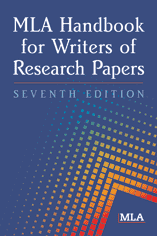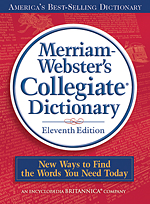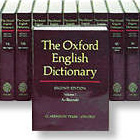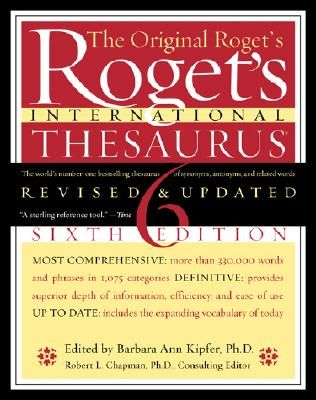| Announcements |
!
Comments on the course will
help us make it better. Please write by Friday, October 8, 2010. Your constructive feedback is welcome here:
-
Online
Course Evaluation
(official Chula form)
-
2202234
Evaluation Form
(Word file; specific form for this course attached to Weekly 12;
if you don't want to do both, please include your specific answers
to this form on the Chula online form)
|
| Course Outline |
Class
Time: M 10–12, W 8–9
Required
Texts
-
Course packet
-
Carr, J. L. A Month in the Country. 1980. London: Penguin, 2010.
-
Hwang,
David Henry. M. Butterfly. 1986. London:
Penguin, 1989.
Detailed
Schedule (updated
often)
Syllabus
(Word file)
Requirements
and Expectations
-
Reading
Responses: Aside from occasional writing of other kinds,
reading responses are useful exercises that attempt to explain, discuss or comment on
an issue or a
question that you pose about the reading. No more than one page
double-spaced is expected per response but it should be well thought out.
Four are required but you may write more if you wish, in which
case the best four out of the batch will be counted toward your
grade. See
samples.
-
Weeklies:
These are weekly take-home exercises that help you engage with the
reading. The Word file of each weekly is uploaded every Wednesday
around 1 p.m. on the detailed
schedule page. You
can order hard copies at the Co-op Copy Center on the first floor of BRK
Building.
-
Attendance
and Participation: Discussion of the texts will be a big part
of this class and students are encouraged to express their
opinions, share observations and ask questions. Come prepared to
discuss the reading material.
-
There
will be three tests, a final exam, and a final paper.
|
| Studying
Literature |
-
Klarer, Mario.
An
Introduction to Literary Studies. 2nd ed. London:
Routledge, 2004. (CL 820.9 K63I)
-
Brooks, Cleanth, and Robert Penn
Warren. Understanding Fiction. 3rd ed. Englewood Cliffs,
NJ: Prentice Hall, 1998. (library has 2nd ed.)
-
Undergraduate
Guide to Studying Literature (How well do you understand what
you have read?, keeping a reading journal, critical terms for
discussing literature, guidelines for writing essays, what the
grade on your essay means, what to do with your marked essay,
marking symbols and abbreviations; also has downloadable pdf
file)
-
Literary
Resources on the Net
|
| Writing |
|
| Links |
|
| Essential
References |

|
MLA Handbook for Writers of Research
Papers. 7th ed. New York: Modern Language Association of America,
2009. (library has 5th ed.)
|
|

|
Merriam-Webster's
Collegiate Dictionary. 11th ed. Springfield, MA:
Merriam-Webster, 2003.
|
|

|
Oxford
English Dictionary. 2nd ed. 20 vols. Oxford:
Oxford UP, 1989.
|
|

|
Roget's
International Thesaurus. 6th ed. Ed. Barbara Ann
Kipfer. New York: Harper, 2001. (7th ed. coming out in August)
|

|
The New
Princeton Encyclopedia of Poetry and Poetics. Eds. Alex
Preminger, Terry V. F. Brogan, and Frank J. Warnke. Princeton,
NJ: Princeton UP, 1993.
|




